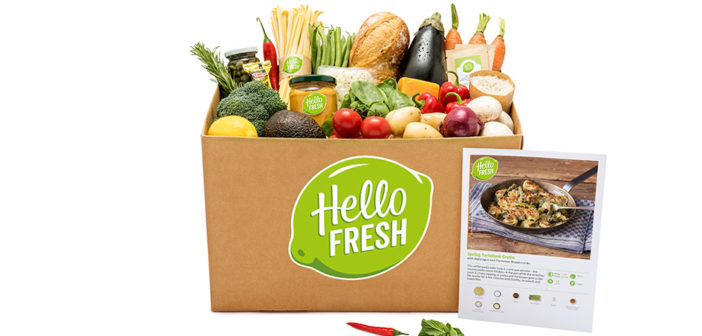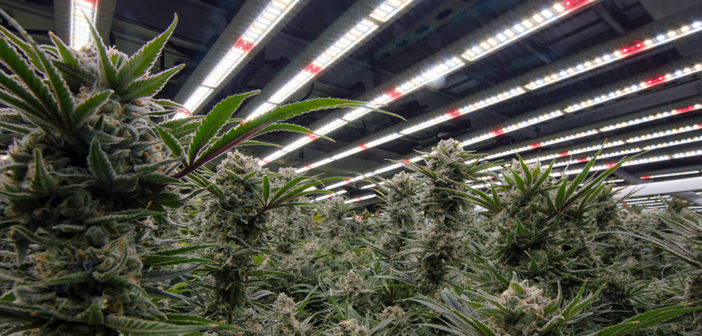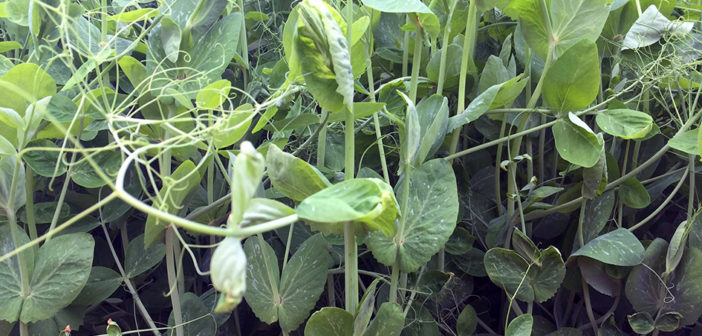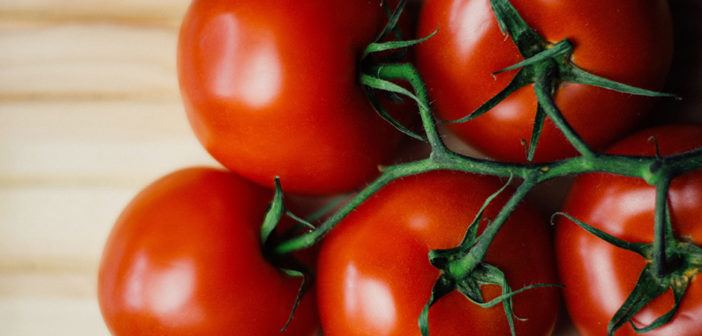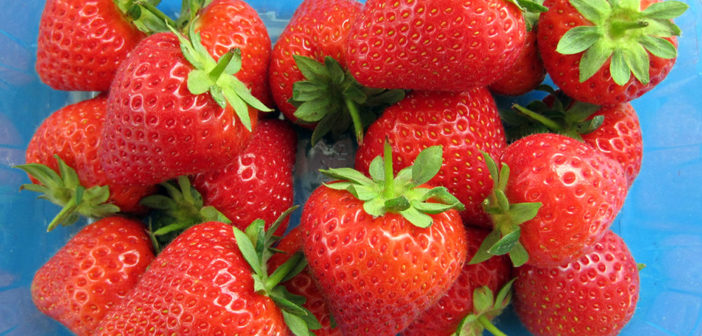The Bransford Webbs Plant Company has announced that, working in conjunction with its in conjunction with its waste collection contractor Smiths of Gloucester, it is now a zero to landfill business.
As well as being at the forefront of the industry initiative to replace black plastic pots with a taupe kerbside-recyclable alternative, all the company’s waste which would traditionally have gone to landfill, is now being diverted through other means, including Energy from Waste (where it is burnt at over 850oC to generate heat to produce electricity) and Refuse Derived from Fuel (produced by sorting and processing solid general waste which is shredded and baled up to be used as fuel). Any unburnt waste collects as bottom ash and can be used in recycled building materials. In additional, all emissions from energy-from-waste generation are carefully controlled.
In a statement, Bransford Webbs said that were, “Very proud of their environmental credentials and have achieved the BS8555 accreditation for environmental management for ten consecutive years, having first achieved this important certification back in 2008. Our environmental objectives are reviewed and updated on an annual basis.”
Among other targets, the company has reduced its use of peat, and catches and reuses all the rainwater which falls on the glasshouses and buildings.
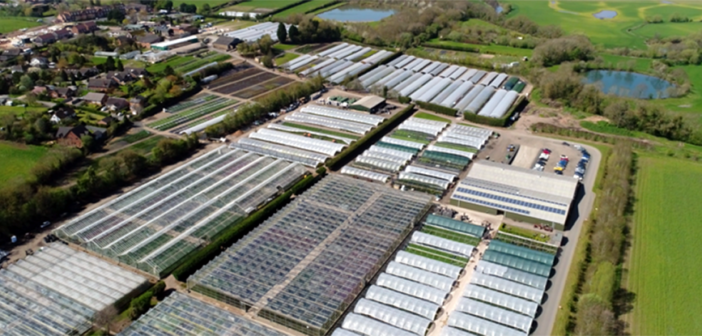
Photo Credit: Bransford Webbs The post Bransford Webbs sends zero waste to landfill appeared first on Hort News on 21 March 2019.

